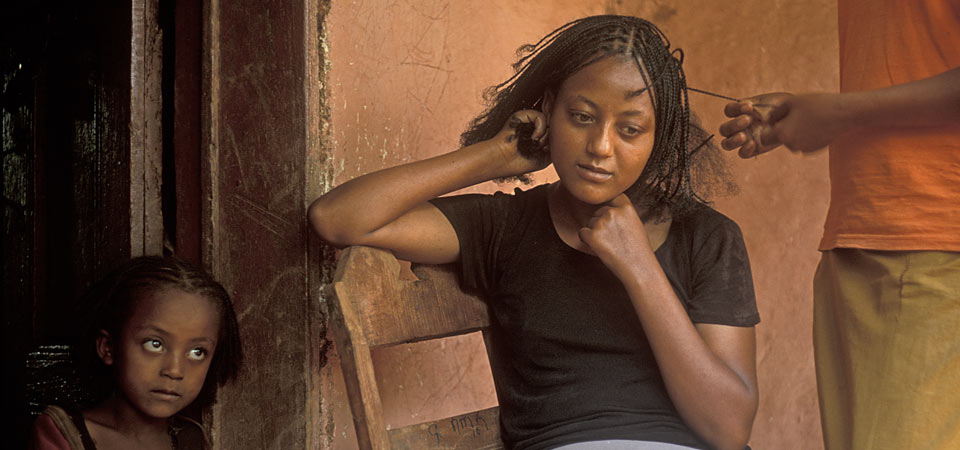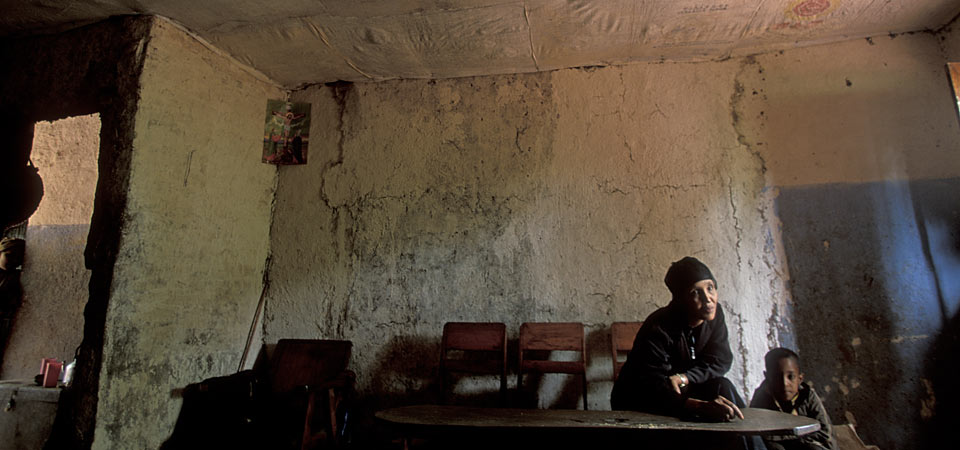Racial & Gender Justice
What is at Stake
The Adventist church emerged at the height of slavery in the United States and was led by a group of young people from New England who embraced the most radical social reforms of their day, including: abolitionism, elimination of class distinctions based upon birth rights, and women's suffrage. The Adventist pioneers were led by a young woman, Ellen White, who was accepted by the fledgling denomination as possessing a unique prophetic ministry and authority. While the movement was in many ways a hotbed of theological exploration, vigorous debate, and radical thinking, on some questions the pioneers refused to allow for any compromise: White declared that individuals who publicly defended slavery should be expelled from the Adventist movement. She also urged Adventists to defy a Federal statute, the Fugitive Slave Law.
Despite these radical beginnings, the Adventist church over time became increasingly socially cautious and disengaged from pressing human rights issues. After an early period in which numerous Adventist women held important leadership roles, male officials increasingly came to marginalize women from leadership positions in the church that was originally led by a woman. During the Civil Rights era in the United States, the movement begun by New England abolitionists remained largely silent in the face of racial injustice. Adventists leaders and members were complicit with apartheid in South Africa and active participants in genocide in Rwanda. Today, many gay and lesbian Adventists are unable to find Adventist congregations where they know they will be treated with full dignity and humanity as persons made in the image of God.
You Are All One in Christ
The APF welcomes actions to repair historical wrongs and to put an end to all forms of violence and discrimination rooted in a refusal to accept the Other at the deepest levels of their personhood. We support women in ministry and at all levels of church leadership. We repent of all forms of racial and ethnic discrimination and seek ways of overcoming divisions based upon injustices of the past. Recognizing the complexity of the theological, scriptural, historical, and cultural questions concerning homosexuality in the Christian tradition—a matter that tragically divides Adventists no less than Catholics, Anglicans, and others—the APF, until such time as we receive greater clarity and consensus:
Affirms the dignity and fundamental human rights of all persons regardless of their race, religion, gender or sexual orientation;
Embraces campaigns and actions aimed at ending all forms of violence, intimidation, harassment, and bullying of persons for their race, religion, gender, or sexual orientation;
Supports public policies that maintain a clear separation of church (mosque, synagogue, or temple) and state, neither attempting to impose essentially religious or theological understandings upon society as a whole nor penalizing forms of religious expression and association that include their own understandings of sexual ethics;
Urges all Adventist churches to serve their communities as places of refuge from threatening, bigoted, and uncompassionate actions and speech; and
Encourages respectful, inclusive, and ongoing dialogue between persons with different understandings of what sexual faithfulness within the Body of Christ requires of believers today.
Get Involved
The APF understands the Gospel of Christ—at its very heart—to be concerned with breaking down barriers between people, whether they are based upon religion, race, ethnicity, class, or gender. In the words of the Apostle Paul, “There is neither Jew nor Gentile, neither slave nor free, nor is there male and female, for you are all one in Christ Jesus” (Galatians 3:28). We encourage our members to become involved with actions, organizations, and campaigns that help to honor and protect the dignity of all persons regardless of their race, gender, faith, or class, such as the following:












This is the second of three presentations recorded during the JustLove Summit hosted at La Sierra University. In this episode, Garrison Hayes gives a keynote presentation on the second day of the event, exploring what is needed to repair past social wrongs.